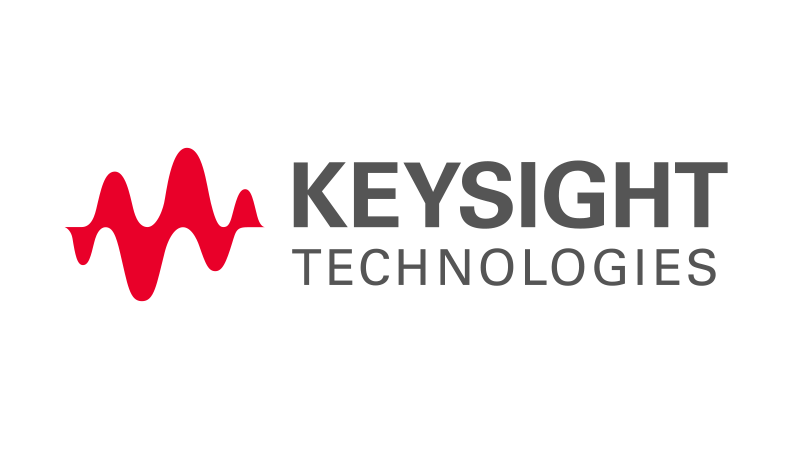Pride is More Than a Month: The Role of LGBTQ+ Allies in Business
By Marie Hattar | Chief Marketing Officer

In the city of New York, where the Stonewall uprising began in 1969, and in some cities around the world, June is Pride Month. A time when the Lesbian Gay Bisexual Transgender Queer community (LGBTQ+) and their allies gather to commemorate Stonewall’s impact in our larger society, celebrate the community’s history and culture, and uplift LGBTQ+ voices and rights. Participants also acknowledge progress and hurdles around prejudice in all forms and honor the diverse dimensions that all people bring to society and business.
As far as we have come to create inclusive workplaces over the past two decades, there is more work to do. According to McKinsey, LGBTQ+ women are twice as likely as straight women to feel uncomfortable talking about their life outside work and have also reported experiencing microaggressions in the workplace. And this gets even more complex when someone is a part of more than one underrepresented community. As business leaders, it's our responsibility to create a dynamic culture and workplace that reflects our diverse perspectives and experiences in society and is truly inclusive for all employees.
What Does it Mean to be an Ally?
Being an LGBTQ+ ally (LGBTQA+) in June and in all of the months that follow, means using your position or privilege to support this community and advocate for change. Having workplace allies is critical to creating a culture of acceptance for all. But being an ally isn’t just about a short-term marketing program associated with Pride Month. It requires an ongoing commitment to help amplify and uplift the voices and life experiences, good and bad, of those who often feel overlooked or marginalized, with equity as the goal. A few years back, I read a statement in a Great Place to Work Canada report that really resonated with me. It said diversity does not create inclusion; an inclusive environment is nurtured and supported, and that is truly the only way we will create businesses that reflect our whole society.
When I was asked to be the executive sponsor of Keysight's LGBTQA+ employee network group (ENG), I jumped at the opportunity. You might be surprised to learn that today, there is no federal law that prevents LGBTQ+ citizens from being fired, denied housing and services, or face other types of discrimination, with no legal recourse. That’s why it’s important to educate ourselves about all the different ways we can show up as allies—creating inclusion in the workplace, using our wallets to support LGBTQA+ businesses, and by advocating for equality and legal protections for everyone.
Today, as a member of Keysight's executive leadership team, I feel a deep responsibility to be a resource and a visible, vocal ally in support of LGBTQ+ team members, other ENGs, and our broader inclusion and diversity efforts. Given the amount of time we spend working and collaborating with our colleagues, creating an environment where all employees are comfortable being their authentic selves is critical to our collective success.
What Support Can Allies Provide?
There are lots of things allies can do to support their colleagues at work and model inclusion. The most important things are to be visible and sensitive in your allyship of other employees at work. Here are just a few examples for how to get started:
- Educate yourself: learn more about the local, state, and national issues impacting LGBTQ+ communities to show you understand how they might be affecting your colleagues. National non-profit organizations such as the ACLU and Human Rights Campaign are great places to start.
- Take action and join an employee network group: If you don't have an LGBTQA+ group in your company, talk to your HR department or look into local organizations in the community where you work or live to learn more.
- Listen: Seek to understand the experiences of people in these groups. No two people are alike, so it’s best to respectfully ask your colleagues if they are open to sharing their experiences and learn how best to support them.
- Use gender-neutral greetings and preferred pronouns: When kicking off a meeting or video conference, be sure to use gender-neutral greetings to refer to attendees. If a team member indicates a preferred pronoun in their email signature or on a networking site such as LinkedIn, be sure to use it in all of your communications with them.
- Speak up: The best way to create an inclusive and respectful environment for everyone is to call attention to language or terms that could be offensive. If you hear inappropriate conversations or jokes at work, at a party, or elsewhere, take action and speak up.
- Lead others: If working in a people manager role, pay attention to who you’re recruiting and hiring, who you’re involving in team discussions and decisions, who you’re mentoring and training, and who you’re promoting. Make sure that diverse teammates are included.
Demonstrating your allyship through your words and actions shows your investment in the LGBTQ+ community and willingness to devote the time and energy to make necessary changes. Being an ally means creating an open, non-judgmental space for all employees to feel supported, heard, included, and actively involved in your business strategies, goals and performance.

